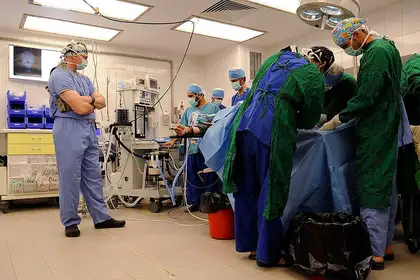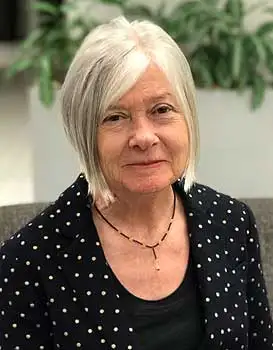
Who should be paying for the harm caused by excess drinking?
By Professor Sally Casswell
Emergency room doctors who regularly bear the brunt of alcohol intoxication have become frequent advocates for alcohol policy. A slightly different tack was taken recently by Dr Martin Than of the Christchurch Hospital Emergency Department. He suggested the cost of alcohol-related admissions shouldn’t have to come from the public purse and instead the bars and nightclubs, from which a lot of the intoxication related harm comes, should make a financial contribution.
The hospitality industry was quick to respond, suggesting that purchase and consumption of cheap takeaway alcohol before going out (preloading) was the real culprit. There is truth in this – our surveys show frequent pre-loaders aged 18-19 years typically drink about 8 drinks (cans of beer or RTDs) before they go out. But what happens once they reach the bar? Does this call into question the implementation of the law which prohibits sale of alcohol to intoxicated patrons?
But back to the financial issues: on premise licenses in New Zealand already make some financial contribution in the form of a licensing fee, risk adjusted and ranging from $140 per annum to $1250 for the highest risk category. Whether this is enough to recompense local authorities for the job of licensing and adequately monitoring the licenses is open to question.
But for Dr Than’s suggestion to be met and for there to be some significant contribution to meet the costs of alcohol health, police, justice and corrections), funds need to go to central government.

Professor Sally Casswell.
There are two feasible options: first, increase alcohol excise tax (endorsed by WHO as a ‘best buy’ intervention and described by New Zealand Treasury as a tax with relatively little loss of welfare); this was recommended by the New Zealand Law Commission in 2010 and immediately dismissed by the then PM; second, ensure the transnational corporations selling and marketing alcohol in New Zealand pay tax. In 2016 a New Zealand Herald investigative journalist revealed the 20 corporations most likely to be profit shifting to avoid paying tax in New Zealand -three of which were transnational alcohol corporations.
The majority of the New Zealand population who drink little and pay via income taxes for the services needed to respond to alcohol harm are entitled to ask government to put in place a fairer system.
Professor Sally Casswell is the Co-Director of the SHORE and Whāriki Research Centre in Auckland. This letter was first published in the New Zealand Medical Journal.